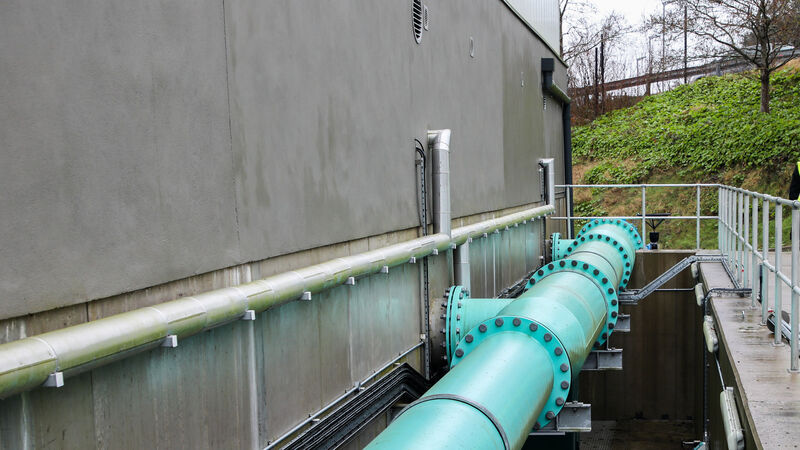Irish Examiner view: A vision for sustainable growth

Water Pipes at the Uisce Éireann Water Treatment plant on Lee Rd, Cork. To think we are living with seriously compromised water supplies means there is a lot to be done. Picture: David Creedon
Try from €1.50 / week
SUBSCRIBEWith the revised national development plan to be revealed today, and with it plans for spending €200bn on infrastructure projects, people need to see workable projects which can be brought in on time and within budget.
With a focus on housing, water, transport, and energy, the updated plan needs to be a bold and imaginative document that lays the groundwork to transform infrastructure over the next decade.
Already a subscriber? Sign in
You have reached your article limit.
Annual €130 €80
Best value
Monthly €12€6 / month
Introductory offers for new customers. Annual billed once for first year. Renews at €130. Monthly initial discount (first 3 months) billed monthly, then €12 a month. Ts&Cs apply.
CONNECT WITH US TODAY
Be the first to know the latest news and updates
Newsletter
Sign up to the best reads of the week from irishexaminer.com selected just for you.
Newsletter
Keep up with stories of the day with our lunchtime news wrap and important breaking news alerts.
Newsletter
Sign up to the best reads of the week from irishexaminer.com selected just for you.
Monday, February 9, 2026 - 5:00 PM
Monday, February 9, 2026 - 5:00 PM
Monday, February 9, 2026 - 6:00 PM
© Examiner Echo Group Limited